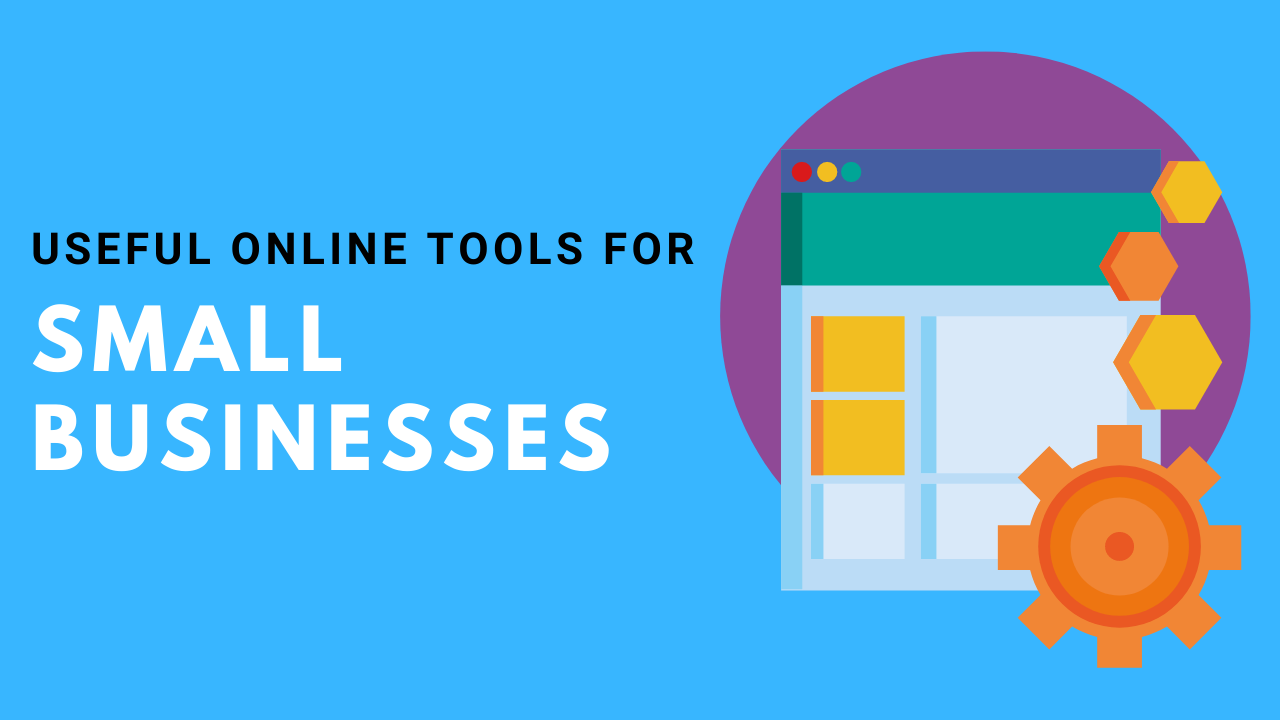When it comes to startups, the key is to optimize two resources, which at the initial stage of development businesses usually have a very limited amount of, i.e. financial resources and time. Below are some tools that will make life easier for any micro-entrepreneur without hitting the wallet.
I haven’t discovered America, but I’m sure not everyone knows the programs on the list below.
PhotoADKing
If you think you need to hire a graphic designer to design basic social media posts, marketing materials, or a brand logo then move over it. PhotoADKing offers you all the mentioned solutions in one place. You will get pre-made templates that require minimum editing.
Head over to its sign-up section, add your details, and get access to over 1000+ templates. Flyers. Poster Designs, Business Cards, Logo Maker, and whatnot, you name it and they have it.
You will be allowed to access free graphics, illustrators, stickers, frames, stock images, and much more. Design anything from YouTube thumbnails & YouTube Channel art to outro & intro videos in just a few clicks.
The main advantage of using this online graphic tool is it offers 10 free templates to a new user.
Zendesk
It is a client service tool that helps to control correspondence with clients. Start-ups should be characterized by ideal customer support, discouraging consumers at this stage may affect the success of the entire company.
Thanks to the program, customer reports are ticketed, it is possible to connect to the platform not only by e-mails but also social media channels such as Twitter and Facebook, customer profiles are automatically created that remember previous reports. Reply templates and many other features make it the best online client service tool I have found. |
The advantage is also low monthly fees (starter is $ 2 per seat) and a 30-day free trial period. Unfortunately, for some startups, the problem may be the lack of a Polish language version.
MailChimp
Sooner or later, most startups start using mailing as an additional pre-sales channel. The MailChimp tool will help here. The platform is available on various devices (including, for example, a dedicated application for iPads). In addition, users can use free newsletter templates, the possibility of targeting by place of residence, the source of the e-mail address obtained and checking how many recipients from our database use social media.
The biggest advantage of MailChimp is also the price – you can send 6 e-mails a month to a database of up to 2,000 users absolutely for free – provided that you put the MailChimp logo in the footer of these e-mails.
Canva
For many B2C startups, social media is one of the basic communication channels and client service. However, not every company can afford cooperation with a graphic designer and regular communication support in this area. Canva – an online graphics editor operating in the drag and drop system that allows you to create infographics, graphics for social media (posts, cover photos, avatars), graphics for blogs, invitations, collages and even business cards can help.
The use of Canva is completely free, the user pays only if he wants to use the paid items in Canva’s image database (they cost $ 1 per item).
Canva is still in beta, and users who want to start using it must sign up for a waiting list. New users are added regularly – I waited 2 days for my account to be created.
Bitly
The program is useful not only for start-ups but also for large companies. Bit.ly is a link shortener – it affects both the visual aspect of communication – but most of all it allows you to monitor how many users clicked on the link and when. This allows you to easily check which of our actions bring the desired effect and direct users to our website – and which do not.
Dropbox
Next to Bit.ly, the most famous tool on the list. The application is simple, transparent and combines what is best in storing information in the cloud – the possibility of seamless synchronization and work both offline and online.
I’ve been using Dropbox myself for several years. It makes it possible to exchange files between users, when one person changes something, for example in the activity schedule, all people connected to the folder see the change. It is also an additional back-up tool that allows you to display files on several devices at the same time.
The first 2 GB are free. Another 50 GB will cost $ 99 per year.
Hootsuite
If your business has little time to spend on social media, programs like Hootsuite can be very helpful. Using Hootsuite, we can schedule posts, reply to comments, and research keywords on several social media channels. So we manage the presence of our brand in social media from one platform.
There is a free version with limited functionality available, a pro version from $ 8.99 per seat.
Prezi
Not everyone can make an aesthetic presentation, as surely everyone has found out on their own skin. It is even more difficult when we do not have access to a graphic designer or even a template made for our needs. A cool and easy-to-use tool is Prezi.
This online application allows you to create presentations in 3D, which creates a really nice impression (especially if someone has not seen similar functionality before).
I recommend the “Enjoy” version unless we do not mind that all our presentations will be publicly available. The cost is $ 4.92 per month.
Gimp
Sooner or later, every startup will have to resort to some form of image editing. However, not every company can afford Photoshop, especially in many positions. Gimp gives us quite a lot of basic graphics editing options, completely free, which should be enough in the everyday activities of a small company.


